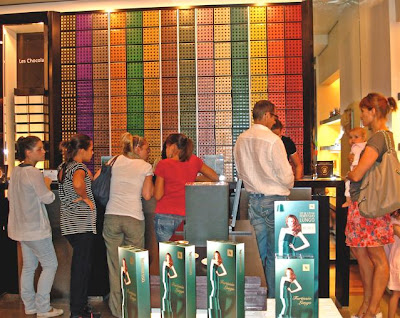Yes, it's true.
Timber rattlers live in a few places along the Great Allegheny Passage, just as they do throughout most of these mountains.
Rest easy. You're not on a plane.
You're in the open. On the trail, you will never come upon one unexpectedly.
You can leave them alone, as they will you, given half a chance.
Timber rattlers are not aggressive, not territorial. Docile by reputation, they will not strike unless threatened.
"They generally coil up and rear back before they strike," a friend and naturalist told me. He has studied timber rattlers for 30 years and is a recognized expert in Pennsylvania.
"A man is fast enough to jump out of the way," he says. "You just have to be sure you're not jumping onto another one."
On the trail, having a long, open view in both directions, this is not a problem. State conservationists say a three-foot buffer is all you need to be safe. So make it 10.
Timber rattlers are summer solitaries, gathering in their dens only to hibernate for the winter. That happens in mid-October. They emerge in April and scatter, usually foraging for mice in a loop that brings them back to the den in the fall, and rarely wandering more than a mile from the den. Males, however, have been known to travel five miles in search of a mate. That happens in July and August.
They return to the same den throughout their entire lives (30 years). Those who study them are secretive about den locations, even with each other, with good reason. Word gets out, a massacre is likely. Ignorance breeds fear.
Rattlers often follow the same course they followed last year. So if you are lucky enough to see one, keep your distance, and be looking for it again about the same spot next time.
To put things in perspective:
• There has not been a death in Pennsylvania from rattlesnake bite in 25 years.
• Timber rattlers and their dens are protected. They are important to the ecosystem and endangered.
• There are only 6 deaths per year in the U.S. from all forms of snakebite (mostly diamondbacks out west), while deaths from wasp and bee stings range from 30-120, 10-20 die from dog attacks, and 75-200 from lightning.
There's been a media outbreak this summer of rattler stories. Some may consider it sensational. But the public would be better served by a headline that read: "Bees and Wasps Reported Along Trail."
Remember, when on the trail, we are the intruders. We should behave as respectful guests.
copyright 2010 J. O'Brien, all rights reserved



















































